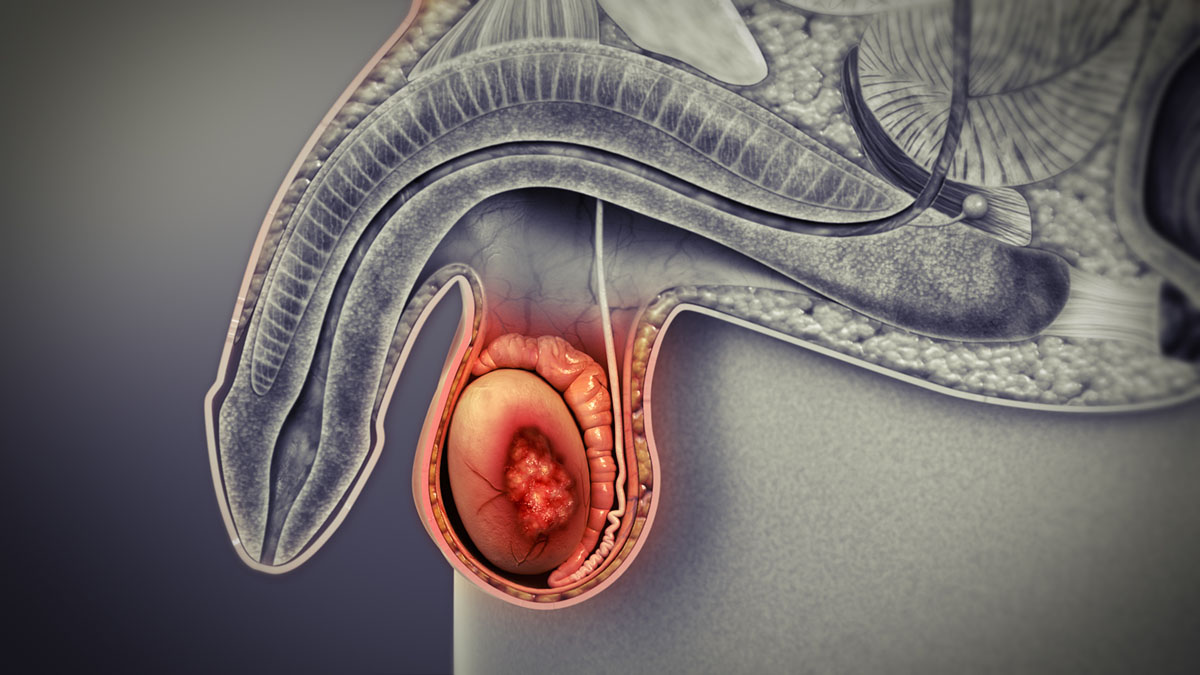
What is Testicular Cancer?
Testicular cancer occurs in the testicles, which are located inside the scrotum, a loose bag of skin underneath the penis. This cancer develops when cells inside the testicles grow abnormally. The testes are male organs that produce and store sperm, and they make hormone testosterone as well. Cancer usually affects only one testicle.
Risk Factors
Testicular cancer is more common in white man than in black man. It is the most common cancer in man though it mostly occurs between the ages 15 and 34.
One of the factors that may increase risk of testicular cancer includes an undescended testicle (cryptorchidism). The testes that are normally formed in the abdominal area usually drop into the scrotum during fetal development or by the time baby is 3 months old.
Klinefelter syndrome is genetic problem that affects males. This syndrome causes the testicles to develop abnormally, since affected males have two or even more X chromosomes.
If family members have had testicular cancer there is increased risk as well.
Symptoms and diagnosis
Signs and symptoms of testicular cancer include: enlargement of the testicles, feeling of heaviness in the scrotum, dull ache or pain in the scrotum or groin and enlargement or tenderness of the breasts.
Testicular cancer is usually found during self-examination or routine physical exam by a doctor. In order to confirm the cancer a doctor may recommend blood tests and ultrasound or CT scan. Ultrasound also tells if the testicular lump has spread to other organs.
Surgery for Testicular Cancer
Treatment for testicular cancer usually begins with surgical procedure to take out the affected testicle. This surgery is known as radical inguinal orchiectomy. Extracted testicle is analyzed to determine the type of testicular cancer. There are two types: Seminoma. Semonioma is generally less aggressive than nonseminoma and this type is particularly sensitive to radiation therapy. In Europe, chemotherapy is newer treatment choice. Nonseminoma. This type of tumor tends to develop earlier in the life and spreads rapidly. Chemotherapy is often very effective for this type of cancer. In case of nonseminoma, orchiectomy is followed by a retroperitoneal lymph node dissection (RPLND) where lymph nodes are removed from the pelvis and lower back. RPLND is associated to number of complications such as retrograde ejaculation in which semen flows from the prostate to the bladder and may lead to infertility. Postoperative pain involves: Abdominal pain and difficulty breathing. This occurs due to chylous ascites characterized by accumulation of digestive fluids inside the abdominal cavity. Lymphedema. This represents collection of fluid that leads to swelling (edema) in extremities.




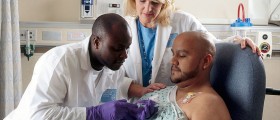


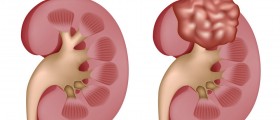


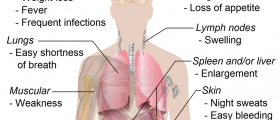
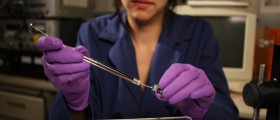



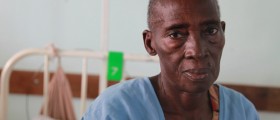

Your thoughts on this
Loading...